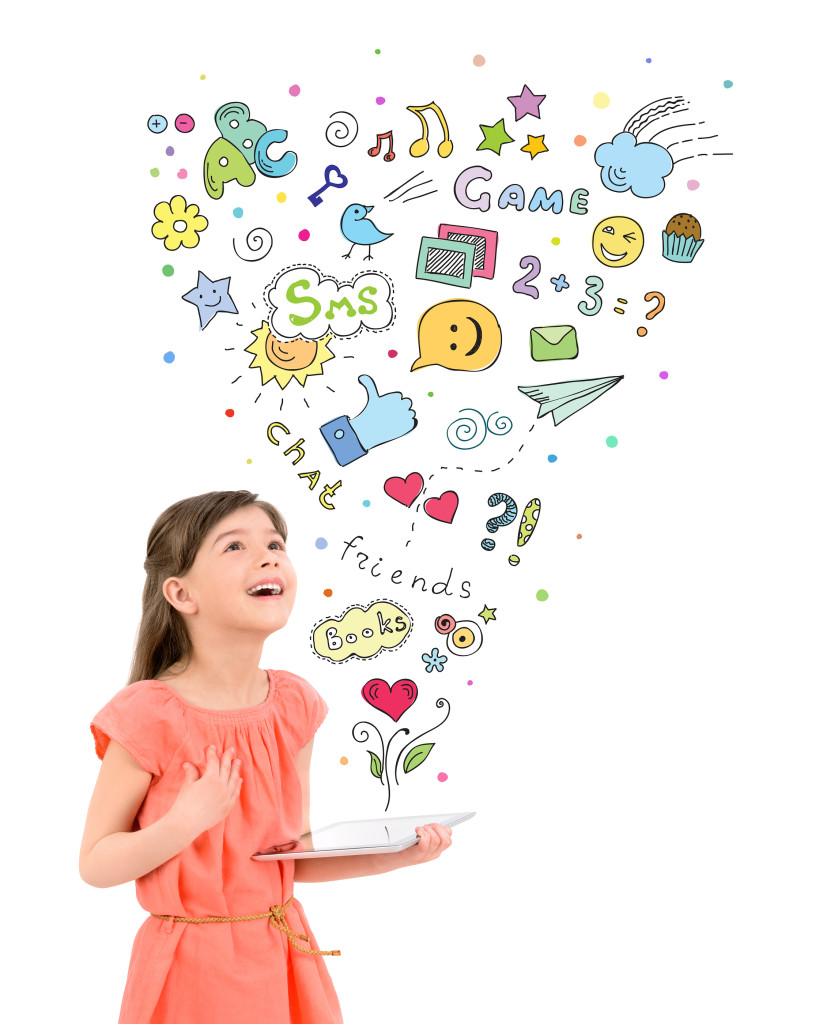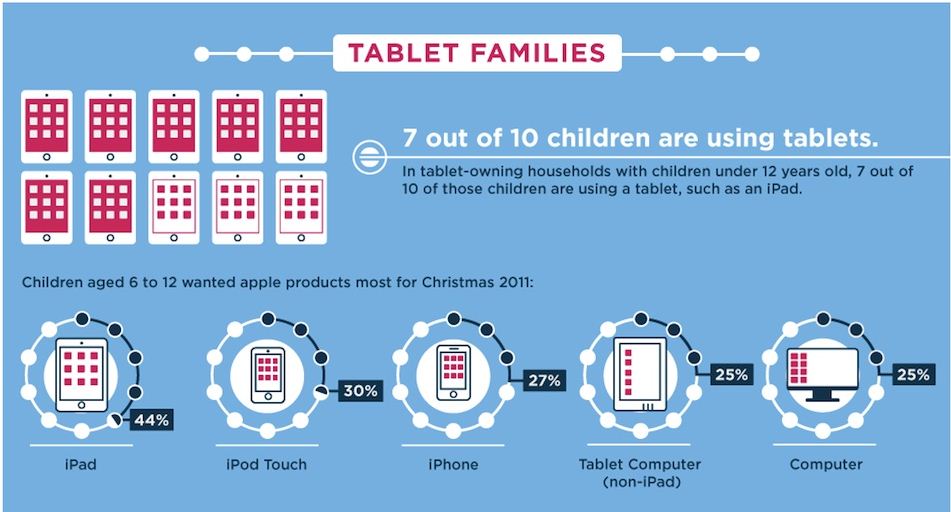Get your iPads ready! Games, puzzles, stories on the go? Speech Therapy is no longer one size fits all. Recent innovations in technology provide many valuable tools for speech therapy. Apps, iPad games and gadgets offer opportunities for learning at every level of speech therapy and often help make the therapy fun. Of course, apps should not be viewed as a replacement for a comprehensive speech therapy plan, and you should always seek to contact your SLP if you are planning to use applications, games and gadgets in conjunction with your therapy sessions.
5 Best Apps for Building Language and Speech
Apps Games and Activities Language Building Skills Language Development Parents' Corner Speech Therapy TechniquesHow do you find apps for your kids that are not only fun, but provide the necessary tools to build language and speech skills? The first years of a child’s life are the most important part of developing speech, language and cognitive skills. It’s important for parents to create activities to help develop these language skills by providing stimulation and creating opportunities to foster these developing language skills. Downloadable apps are an excellent way to build language skills and engage your child. And, apps make a great Christmas gift!
The Fun and Function of Using Silly Sentences in Articulation and Language Therapy
Expert Corner Pronunciation & Lisps Speech Therapy Techniques
You might remember the phrase, “Sally sells sea shells by the sea shore.” To some it’s a silly tongue twister, but to a speech therapist it’s a classic example of using silly sentences to stimulate language and articulation targets in speech therapy. These sentences are usually made up, use alliteration (using the same sound or letter to start every word), rhyming words or use made up characters in crazy situations. They usually involve a character (Mateo the matador), an action (makes millions on macaroni museums) and a location (in Madrid). Silly isn’t just for laughs, silly can be fun and functional in speech therapy.
So You’ve Bought Your Child an IPad, Now What?
Speech Therapy Techniques
You’ve heard all the buzz, you’ve seen your child’s peers with one, you’ve waited for hours at the Apple store and finally got your child an iPad, so now what? This holy grail has become a bit confusing for parents and educators to navigate. It promises so much. It might help your child communicate, could improve their reading skills, helps with math and more! All lofty promises, but first things first, here’s what you should do once you’ve got an iPad, step by step.
Strategies for Teaching Yes and No in Speech Therapy
Speech Therapy Techniques
Though it might seem as though your child communicates “no” all the time (maybe he protests, maybe she runs away, he might sign “all done”), teaching children with language impairments to express the words, “yes” and “no” can sometimes be a challenge in speech therapy. These two simple words can carry a conversation. By being able to answer these questions a child can describe preferences, answer questions, and clearly express their wants and needs. It is an important part of development and often challenging in the toddler years when everything seems like a “nooo!” Being able to accurately answer “yes” and “no” questions can reduce communications frustration for children with language disorders, specifically autism, Down syndrome, cerebral palsy or developmental delays.





